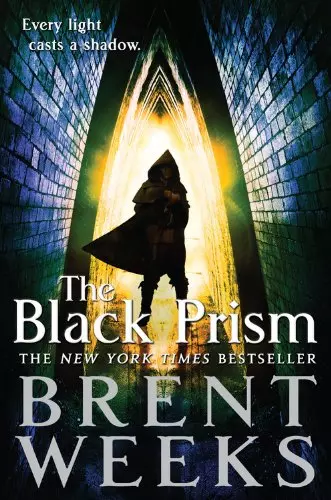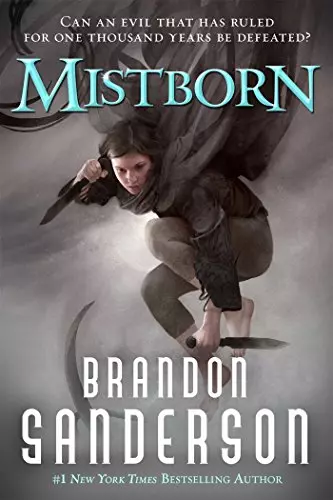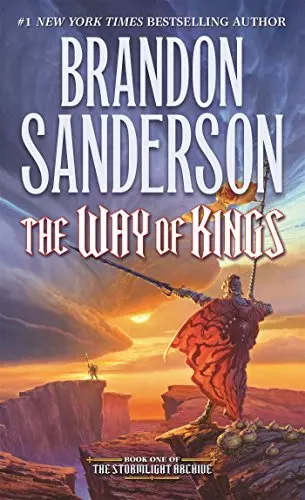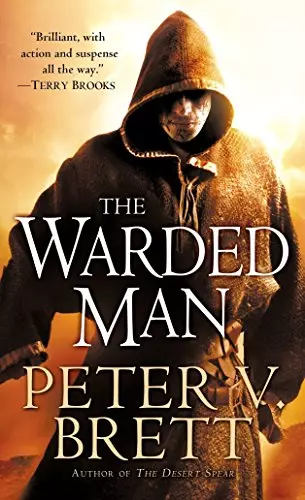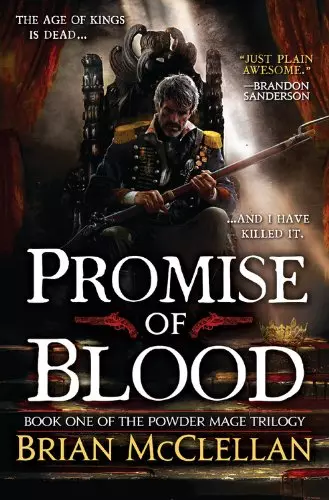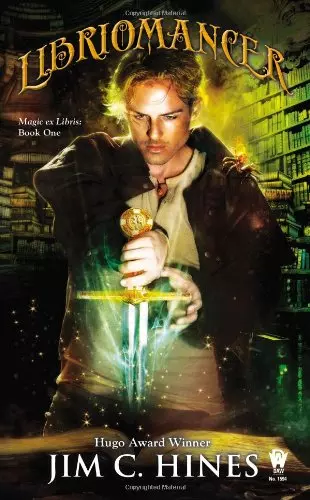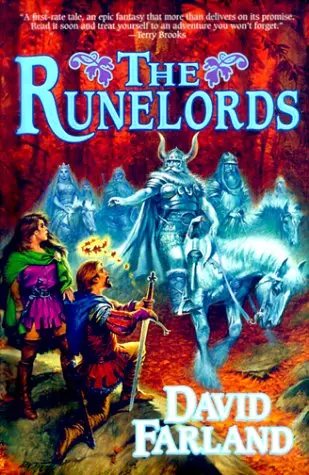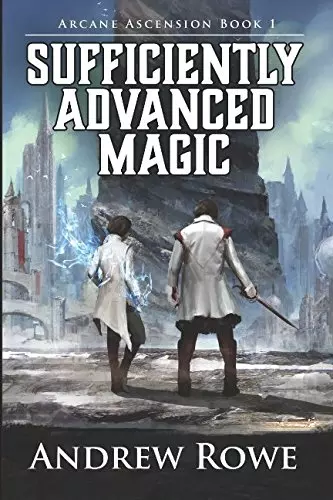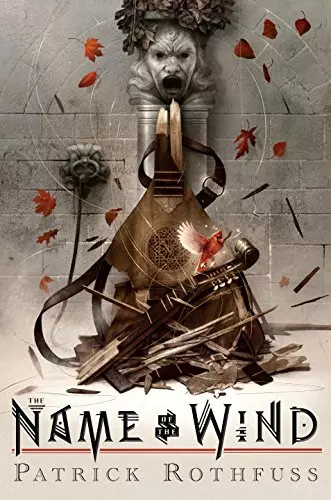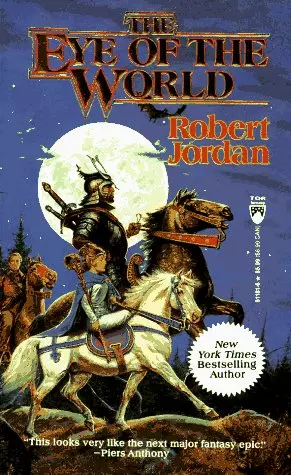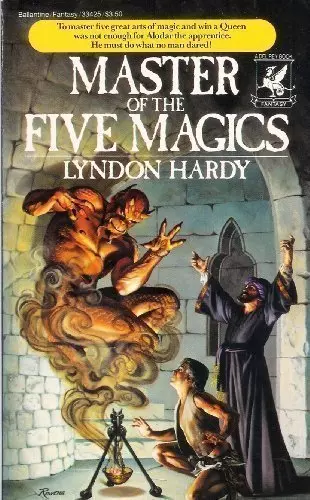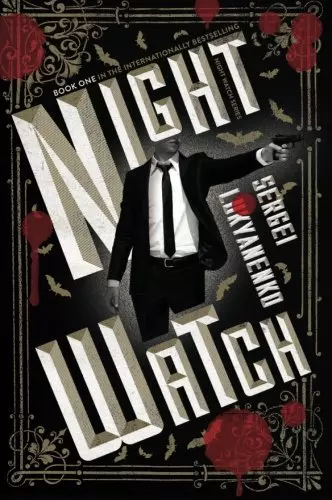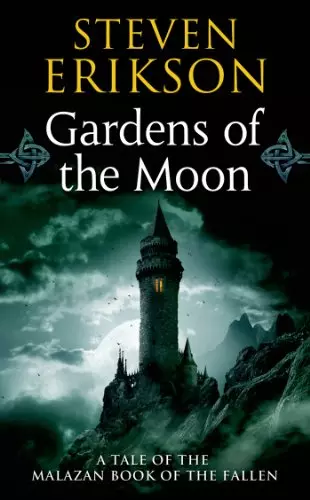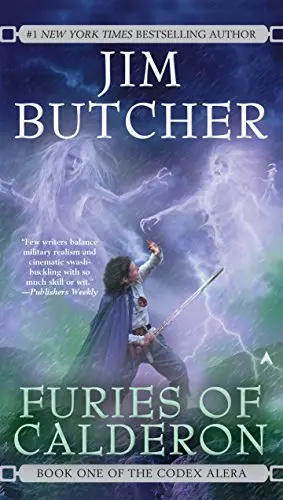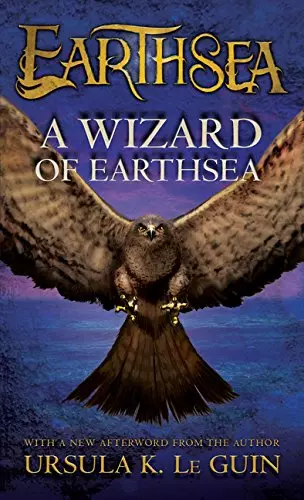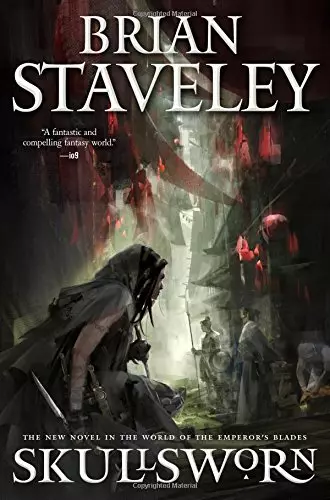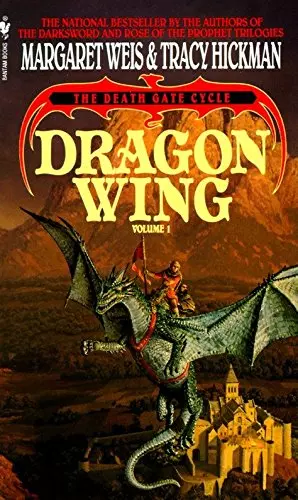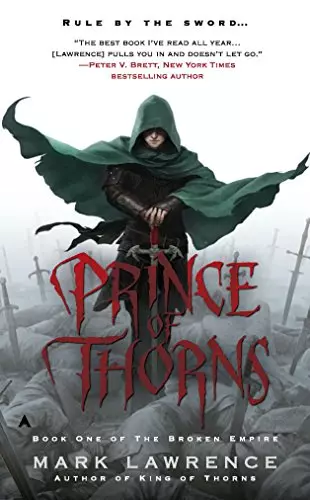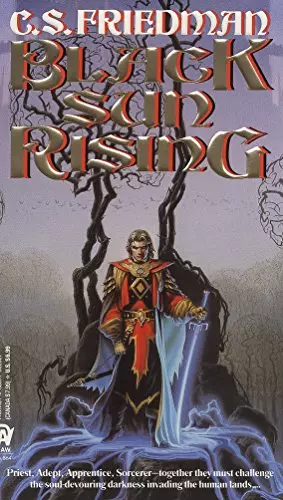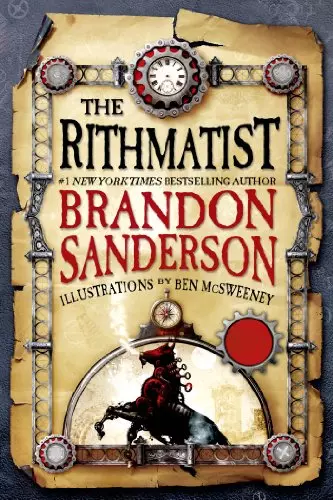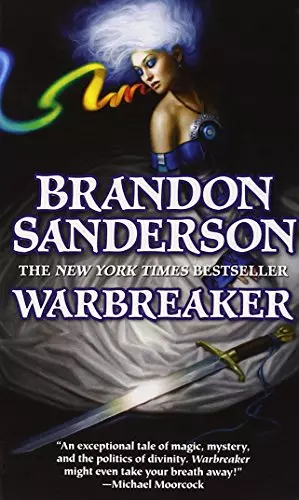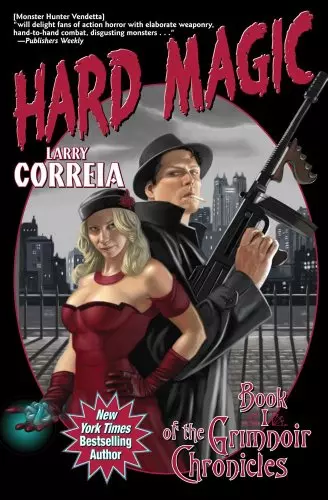Best Fantasy Magic Systems Books
Top Best Fantasy Magic Systems Books
Welcome to the comprehensive list of the Best Fantasy Magic Systems Books
Ranked Fantasy Books
Trending Books in Best Fantasy Magic Systems Books
Trending Fantasy Booklists
Best Fantasy Magic Systems Books
Top Best Fantasy Magic Systems Books
Top 25 Best Fantasy Books of the 90's
The Best Fantasy Books Published in the 1990's
Best Fantasy Series
A list of the best fantasy series in the genre (from all fantasy subgenres)
Top 50 Best Epic Fantasy
The Absolute Best Epic Fantasy Series
World Fantasy Award Winners
The Prestigious World Fantasy Awards for Best Novel
Top 100 Fantasy Books
The Top 100 Best Fantasy Books Ever Written

